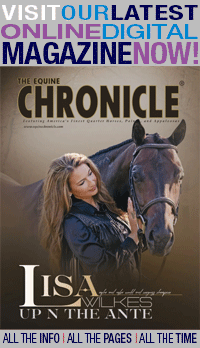LSU Veterinary Hospital Offers Emergency Care for Animals Following Hurricane Ida
September 4, 2021 Comments Off on LSU Veterinary Hospital Offers Emergency Care for Animals Following Hurricane Ida
Since the storm struck Louisiana, LSU’s veterinarians, staff, and students have treated more than 100 pets, 60 large animals (horses, cattle, goats, sheep, and llamas), and 13 wildlife cases. At this time, the hospital plans to begin seeing regular appointments again on Tuesday, September 7 in addition to emergency cases.
Continue reading …Use Fear-Setting to Conquer Your Next Horse Show
September 3, 2021 Comments Off on Use Fear-Setting to Conquer Your Next Horse Show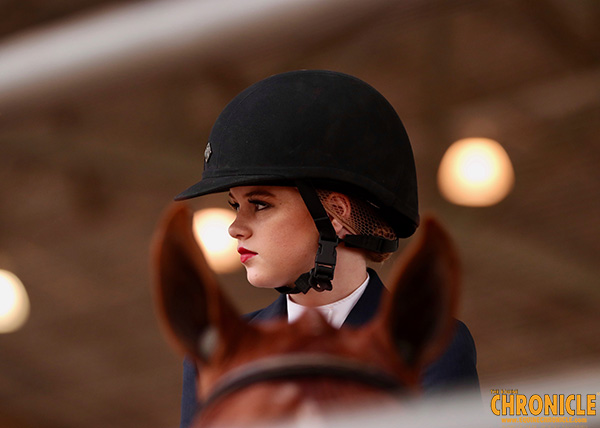
By defining your fear and examining it in a logical manner, you can gain some clarity about why you are fearful in the first place.
Continue reading …UF Research Provides Insight to Equine Metabolic Syndrome
September 2, 2021 Comments Off on UF Research Provides Insight to Equine Metabolic Syndrome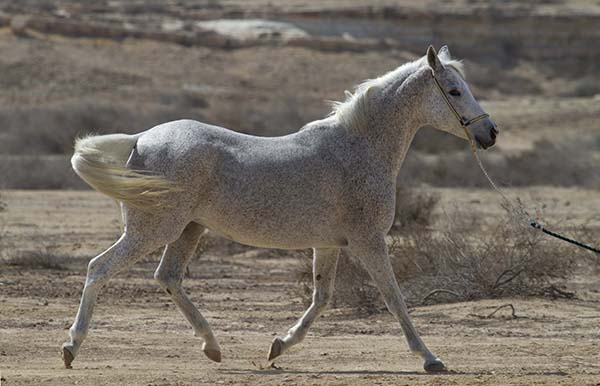
“Clinically, we don’t have a great consensus for what defines abnormal versus normal factors for diagnosing EMS,” said Samantha Brooks, UF/IFAS associate professor of equine physiology. “The condition is defined as many shades of grey. Every horse is unique, and their environment is, too. We need more research to better define the disease and what is normal versus what is dangerous. This research used new methods to give us fresh clues to the mystery that is EMS.”
Continue reading …Equine PET Imaging Isn’t Just For Racehorses Anymore!
September 2, 2021 Comments Off on Equine PET Imaging Isn’t Just For Racehorses Anymore!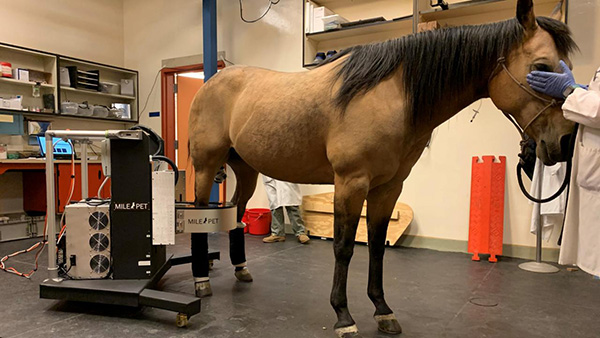
The use of PET will keep growing in the sport and pleasure horse populations. Ease of use and affordability make it an excellent first choice for advanced imaging, as the costs and time to image two feet and two fetlocks with PET are less than for the MRI of a single foot. In addition to being used for identification of an injury, the “functional” imaging properties of PET—assessing the activity of injuries—are particularly helpful for monitoring rehabilitation.
Continue reading …A Paint Horse’s Struggle With Equine Cushing’s Disease
September 1, 2021 Comments Off on A Paint Horse’s Struggle With Equine Cushing’s Disease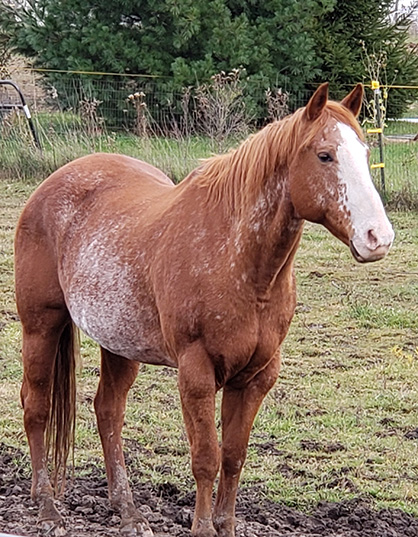
“When he came to us, he was extremely overweight with a crested neck. His mane moved like a separate entity. It was like he was bubble-wrapped,” Casey said.
Continue reading …Study Shows Effect of Lockdown on Horses and Owners
August 31, 2021 Comments Off on Study Shows Effect of Lockdown on Horses and Owners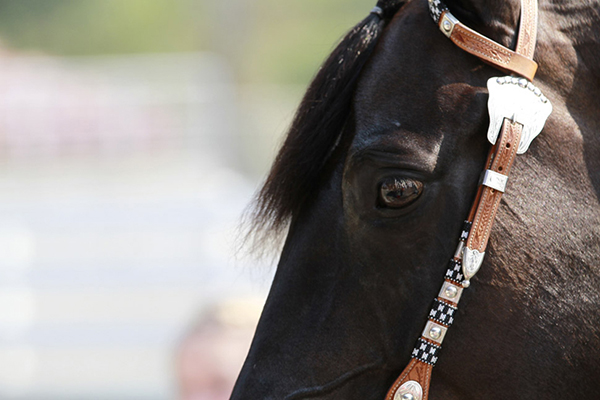
The researchers explored how horse owners and those working with horses were affected by challenges brought about by the Covid-19 lockdown.
Continue reading …Foundation for the Horse Working with Veterinary Groups Providing Hurricane Ida Equine Relief
August 31, 2021 Comments Off on Foundation for the Horse Working with Veterinary Groups Providing Hurricane Ida Equine Relief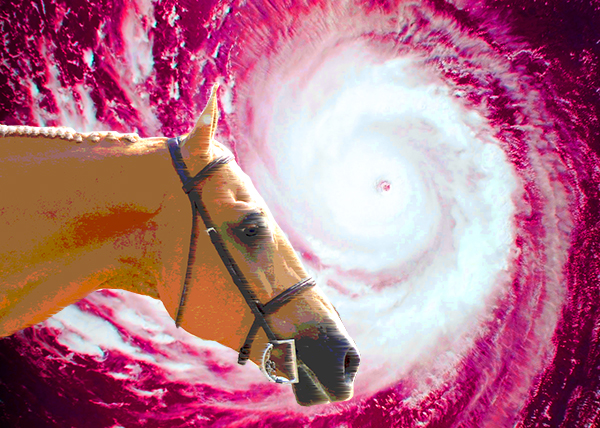
The Foundation has provided immediate aid of $20,000 total to two groups it has worked with previously on disaster relief: the Louisiana Veterinary Medical Association’s Equine Committee and the Texas Equine Veterinary Association Foundation, which will be assisting its neighbors in Louisiana. In anticipation of the storm, The Foundation worked with these groups and others on shelter locations, hay, feed shipments, and veterinary medical supplies. Veterinarians within these groups had been actively helping horses evacuated prior to the storm and are currently assisting with recovery and post-storm care.
Continue reading …WARNING: Just Posting a Sign Will Not Protect Your Horse Business
August 31, 2021 Comments Off on WARNING: Just Posting a Sign Will Not Protect Your Horse Business
Contrary to popular belief, equine laws do not prevent horse owners and professionals from being sued. Instead, these laws provide a statutory defense that can be asserted by a defendant to a lawsuit. Even if successful with a statutory defense, defending a lawsuit can be stressful, time-consuming, and expensive. In some states, to be protected under the law, a horse owner or professional must obtain a written document with the law’s warning notice clearly printed on it signed by the participant or post a sign stating the law in a visible location near the equine activity.
Continue reading …UF Veterinary College Aims to Enhance Diversity Through Mentoring Program
August 29, 2021 Comments Off on UF Veterinary College Aims to Enhance Diversity Through Mentoring Program
Dr. Michael Bowie, left, with girls at Girl’s Place in Gainesville, during the “How We Role” program the UF College of Veterinary Medicine initiated in 2019. The new Vet Start program targets an older age group and will begin this fall.
Continue reading …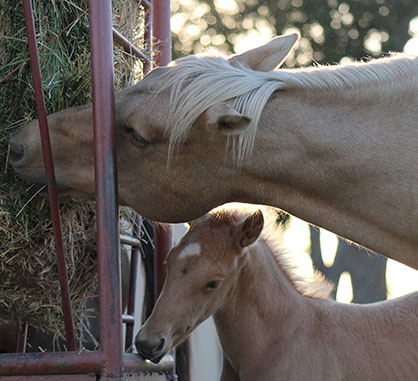
Some studies have shown the prevalence of gastric ulcers to be as high as 50-90% of the observed population. There are a variety of reasons why this may be.
Continue reading …